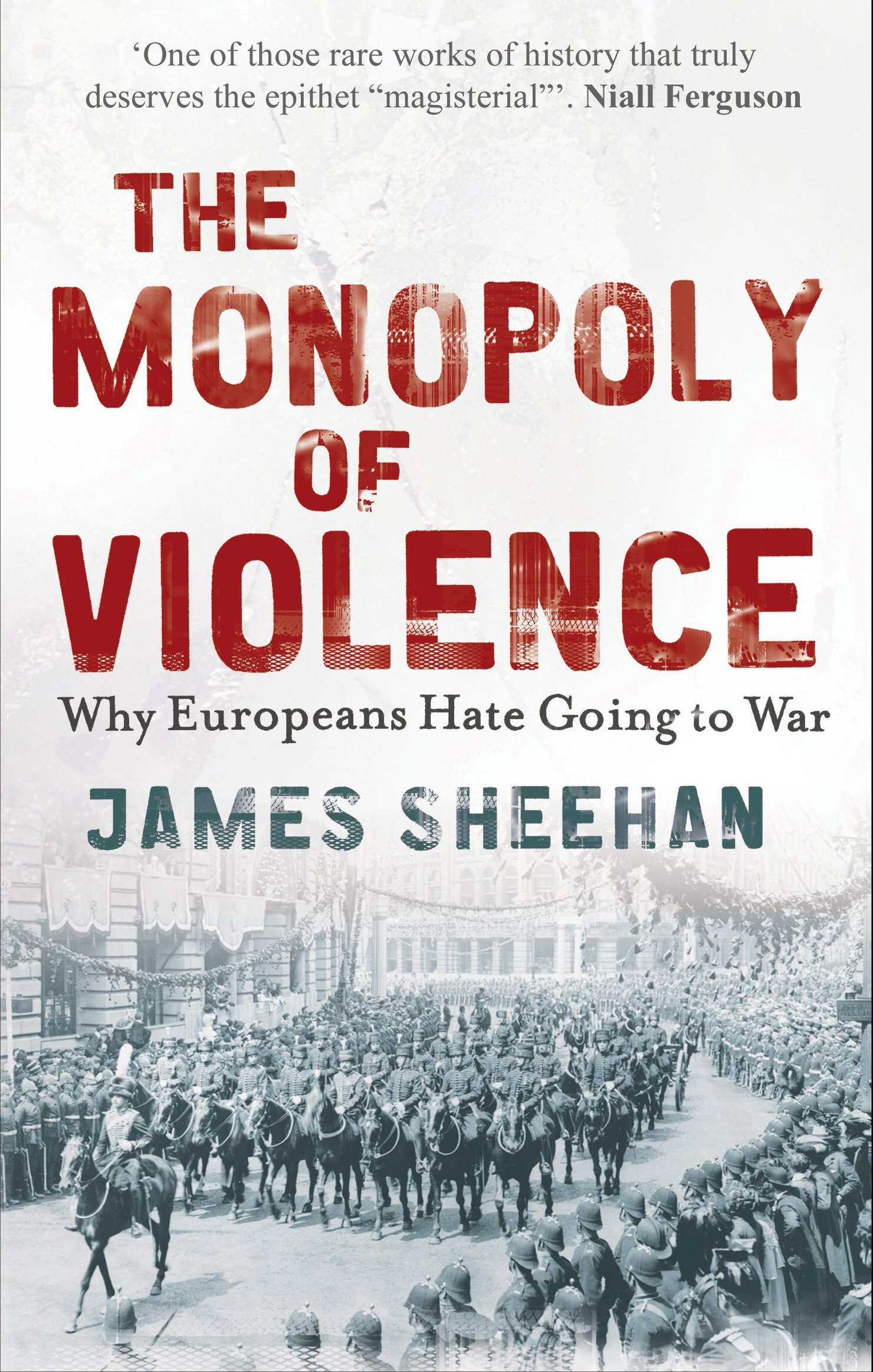In the tapestry of human civilization, woven with threads of countless traditions and values, there exists a principle both ancient and contentious—the notion that states must hold a monopoly on violence to ensure stable governance. This concept, as enduring as the societies it seeks to protect, finds its roots in the philosophical musings of thinkers past but resonates with piercing relevance in our contemporary discussions.
Let us journey back to the early days of Israeli history, an era marked by tumult and burgeoning statehood. Here, various armed factions vied for influence, each believing fervently in their path toward national salvation. Yet beneath their discord lay a foundational question: who should wield the power of violence? The resolution of this dilemma was not merely about achieving peace among these groups; it was about forging a collective identity strong enough to sustain a nation through trials yet unseen.
This historical reflection is not merely academic—it mirrors current debates surrounding American gun rights. In these discussions, we find echoes of our ancestors’ quandaries. The right to bear arms, enshrined in tradition and constitution alike, speaks to a deeply held belief in individual autonomy against tyranny. Yet juxtaposed against this cherished liberty is the haunting specter of violence unbridled—a society where safety becomes folklore.
At the heart of both scenarios lies an uncomfortable truth: without some form of consensus on who may legitimately use force and under what circumstances, communities fracture under the weight of mistrust and fear. The principle that states must have a monopoly on violence does not aim to stifle freedom or dissent; rather, it seeks to provide a framework within which liberty can flourish—guarded by laws that reflect our collective moral compass.
However challenging it may be to navigate these waters—where ideals crash against reality—we must remember that at stake are not abstract political theories but the very fabric of our lives together. Our forebears understood something profound: for traditions to endure—for families to thrive in faith and nations to forge identities—there must be order amidst chaos.
It is here—in our commitment to dialogue over division—that we find hope for reconciliation between personal liberties and societal safety. By engaging earnestly with one another’s fears and aspirations, we can construct bridges over turbulent seas. We do this not because it is easy but because our shared heritage compels us towards unity even when faced with daunting complexities.
As keepers of tradition’s flame in an ever-evolving world, let us embrace this challenge with humility and courage. Let us seek paths forward that honor both our need for protection from harm and our yearning for freedom’s air—a balance delicate as spider silk yet strong as bonds forged through centuries.
In doing so, we pay homage not only to those who came before us but also pave wayward trails into futures unknown—with faith that principles guiding us today will light tomorrow’s journeys too.

Leave a Reply